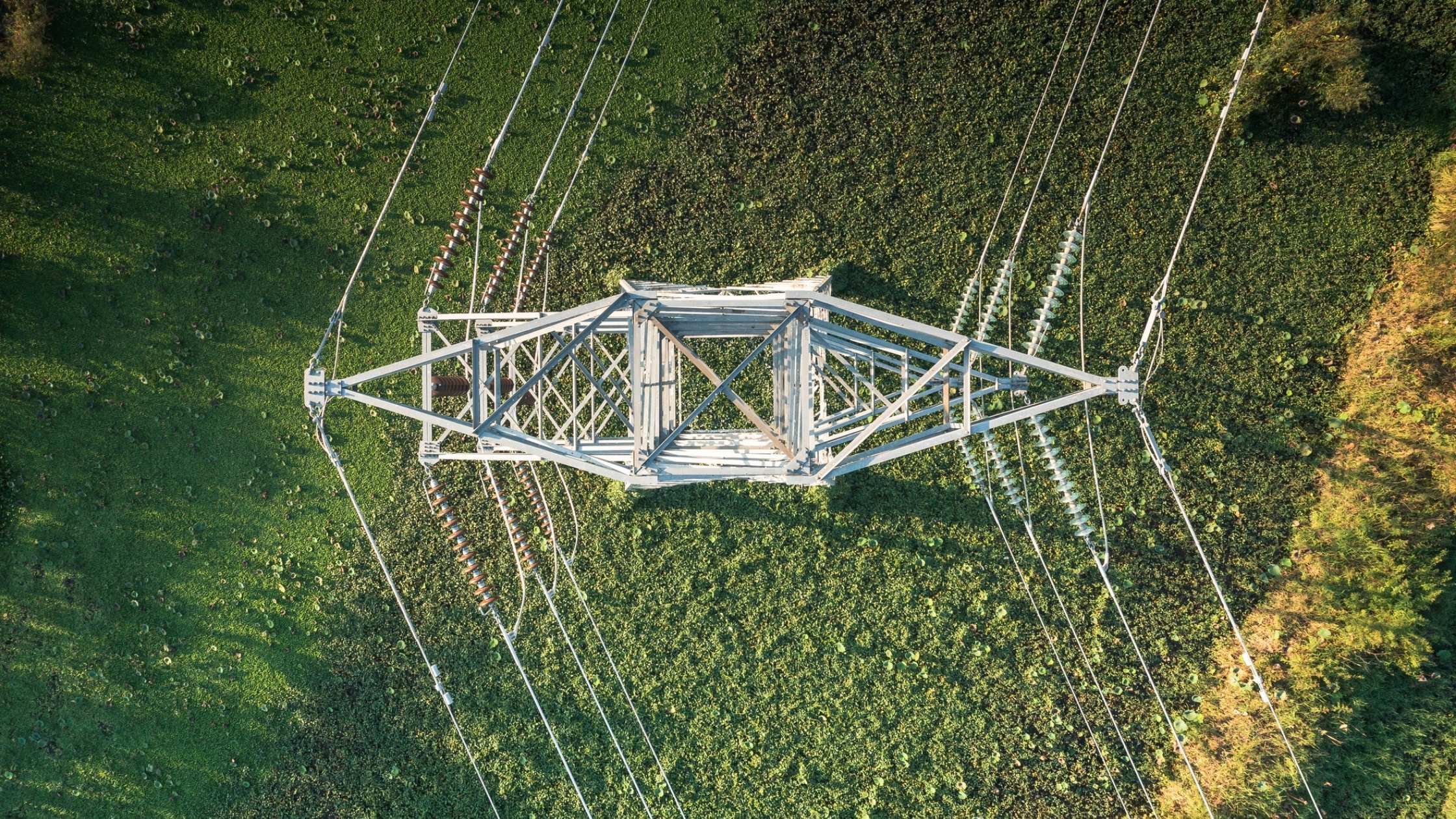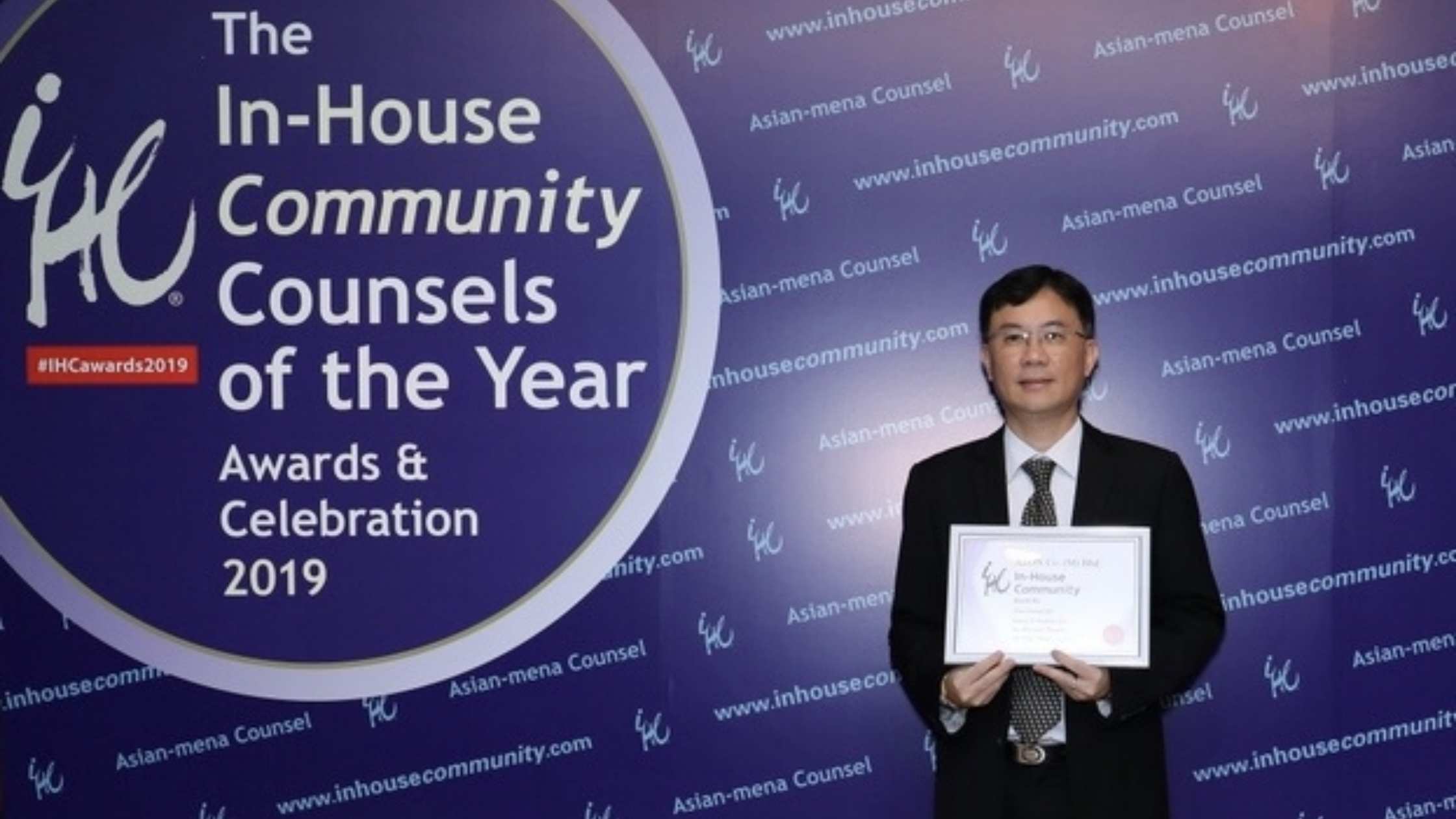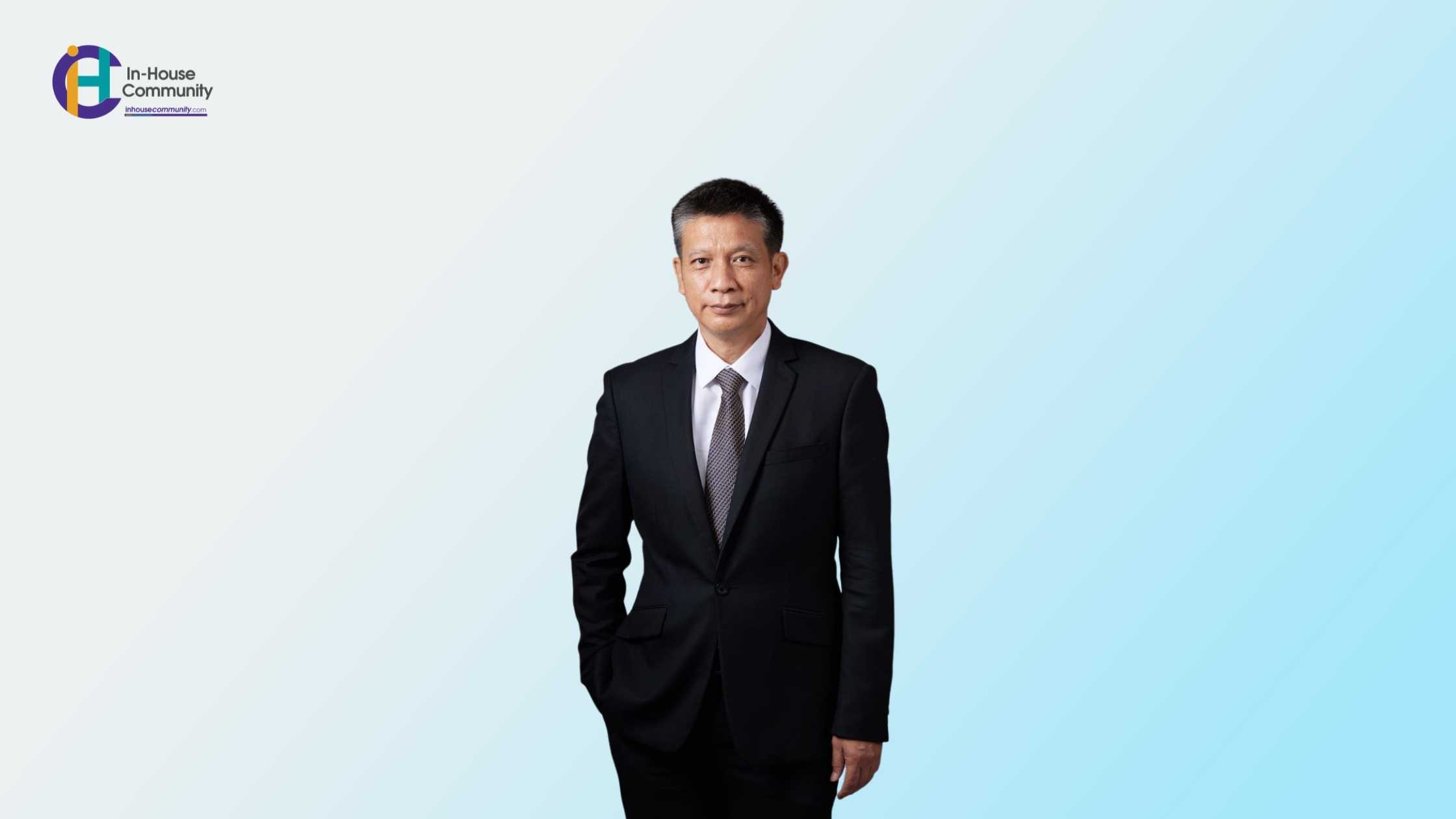October 4, 2022
What is allowed and what isn’t allowed? There was a lot of hype earlier this year about the delisting of cannabis and hemp plants from the Narcotics Code in Thailand. However, there appears to be some confusion about cannabis use within the country and in particular, what is permitted and not permitted without a license. In order to prevent misuse and a society-wide problem, the Thai government has been elaborating on the permitted use and sale of cannabis in the last few months. This article examines the current state of the law pertaining to cannabis, with a particular focus on employee use and the employer’s rights in those circumstances. Current status of the law The delisting of cannabis and hemp plants applies to their unprocessed parts and extracts containing less than 0.2% of tetrahydrocannabinol (“THC”). Therefore only extracts that contain more than 0.2% of THC are still regulated by the Narcotics Code and require a license from the Thai Food and Drug Administration (FDA). Smoking cannabis in public remains prohibited and the maximum penalty for doing so is three-month imprisonment and a THB 25,000 fine.[1] However, in practice, the delisting has led to misuse and abuse of cannabis products in Thailand, which has in turn led to societal problems. Tourists seem to be able to readily purchase cannabis or cannabis-infused products from street vendors. Overseas governments and embassies in Thailand have issued warnings to their citizens, informing them of improper use and ensuring they do not bring any cannabis back into their home countries. There have been major health concerns, with instances of young people overdosing on cannabis. As... September 29, 2022
Are you confused yet? Life is rarely straightforward. You can almost always find the “good” in bad circumstances and the “bad” in good circumstances….or people… or things. There is always a principle of yin and yang at play. Like anger. Anger in itself is not a bad emotion, even though we tend to categorize it as a not-so-good emotion (not in the “feel-good” category anyway). But emotions are neutral and how we respond to it is what really counts. Anger, if we let it lead us, can provoke us to stupidity or challenge us to put our foot down and finally do that great thing. We are both good and bad People too, are a myriad of both good and bad. I’ll be the first to admit that I’m not all good. I am human and there is both good and bad in me. I am good at some aspects and bad at others. I’m just glad there are others to balance me out (like my wife – thank you Kate). Yin and Yang – No shadow without light This idea of balancing comes from the principle of Yin and Yang which is a belief that “all things exist as inseparable and contradictory opposites”. Let’s think about some everyday examples – female-male, day-night and old-young. There is just something about opposites that attract and complement each other. In fact, some opposites almost depend on one another to shine. For example, there is simply no shadow without light and what is goodness without evil? Modernizing the principle The concept of yin-yang has a long history. There are many written records... September 21, 2022
INTRODUCTION The energy transition is disrupting markets around the world, and Thailand is no exception. The move from energy based on fossil fuels to renewable sources will reshape energy markets over the coming decades. The disruption this will cause will give rise to plentiful opportunities for climate-tech businesses. The Thai government has already announced a number of measures it will implement in order to facilitate the transition. CURRENT SITUATION Before looking at the measures the Thai government is taking to support the energy transition, it is worth examining the status quo. Thailand’s energy needs are currently met by fossil fuels such as refined petroleum products and natural gas, as well as a mix of renewable sources such as solar, wind, biomass, and hydroelectricity. Petroleum Thailand is a net importer of both crude oil and refined oil products. Natural gas is sourced both domestically and through imports, which arrive through pipelines from Myanmar and as liquefied natural gas (LNG). With domestic gas supplies being depleted and limited opportunities for new investment in the upstream sector, LNG looks likely to play an increasingly important role in supplying Thailand’s energy needs in the coming decades. Earlier this year, the Department of Mineral Fuels, Ministry of Energy (DMF) announced the 24th bidding round for offshore exploration and production blocks; bids are due between 5 – 16 September 2022. Electricity Generation As of May 2022, Thailand’s installed grid capacity was approximately 46.8 GW.1 This does not include very small power producers (VSPPs), which are defined as power projects with an installed capacity of less than 10 MW. The figure also does not include so-called “behind... September 21, 2022
On working with passion and prioritising balance PLEASE CAN YOU GIVE US A LITTLE BACKGROUND INTO THE BUSINESS OF AEON CO. (M) BHD. IN MALAYSIA? AEON Co. (M) Bhd. (“AEON”) is a part of the AEON group of companies in Malaysia which is owned by its parent company, AEON Co. Ltd., based in Japan. AEON was set up on 15 September 1984, in response to the Malaysian Government‘s invitation to help modernise the country’s retail industry. AEON currently manages and operates 28 AEON malls, a retail chain of 34 AEON departmental stores, 9 AEON Maxvalu Prime supermarkets, 65 AEON Wellness pharmacies and 41 Daiso flat-price outlets with an extensive range of products such as daily essentials, household items, apparel, pharmaceuticals, flat-price items and other merchandise. AEON also offers Personal Shopper Services, DriveThru Services and Delivery Services via its myAEON2go e-commerce platform for fast, efficient and minimal contact shopping for its customers. In line with AEON’s “Customer First” policy, we endeavour to surpass our customers’ expectations and enhance their shopping experience with us. NOW, ON TO YOUR BACKGROUND – WHAT WERE YOUR STEPPING STONES TO REACHING THE POSITION OF HEAD OF LEGAL AT AEON, AND WHAT HAS YOUR EXPERIENCE IN THIS ROLE BEEN LIKE THUS FAR? I was admitted as an Advocate & Solicitor of the High Court of Malaya in 1994. I hold a Bachelor and Master of Laws degree and obtained my Doctor of Business Administration (DBA) in 2016. I was a practicing lawyer before joining AEON as the Legal Manager in 2000. From my accumulation of legal and retail experiences at AEON, I was entrusted the current... September 21, 2022
On successfully riding the waves of change in career path and the legal profession. YOU HAVE ENJOYED AN ILLUSTRIOUS LEGAL CAREER, SPANNING MANY DECADES. CAN YOU PLEASE GIVE US A QUICK TOUR OF YOUR LEGAL JOURNEY THUS FAR? I grew up in a family where my father and two elder brothers went to law school and worked for the government. With the goal of becoming a judge or prosecutor, I graduated from Chulalongkorn University, passed the Thai bar examination, and obtained two Master of Laws degrees in the USA. While waiting to take the judge or prosecutor examination, I applied to work at Chandler & Thong-ek Law Offices. My intention was to have a short career in private practice before working for the government. It has, however, been a somewhat longer journey than originally planned. I developed my practice over many years with Chandler & Thong-ek Law Offices and became a partner in the banking and finance practice. Chandler & Thong-ek Law Offices subsequently integrated with Mori Hamada & Matsumoto to become Chandler MHM Limited of which I am a co-managing partner. RETAINING THE BEST STAFF HAS LONG BEEN AN IMPORTANT FACTOR IN MAINTAINING A SUCCESSFUL LEGAL PRACTICE. THIS IS AS IMPORTANT AS EVER GIVEN THE “GREAT RESIGNATION” TREND WE’VE SEEN GLOBALLY AS EMPLOYEES REASSESS THEIR WORK/LIFE BALANCES. WHAT HAS YOUR APPROACH TO TALENT RETENTION BEEN? HAVE YOU NOTICED ANY CHANGES DURING THIS PANDEMIC ERA? Talent retention has always been very important, especially for professional service firms such as ours. We have not seen any change in terms of turnover; we are fortunate to have a long-standing and growing... September 21, 2022
Just when it seemed the world might be returning to some version of “normal”, the Russian invasion of Ukraine taught us, once again, that it is perhaps more cogent to expect the unexpected. We’ve covered the ramifications of this war on the legal community in Russia, Ukraine and beyond. In this issue, we take a moment to consider the consequences of the ongoing conflict on energy markets globally, including volatility in fossil fuel prices and the reassessment of energy security risks, together with an update on projects across the Middle East and Asia. CONFLICT CAUSING CRISIS The International Energy Agency (IEA) has called the energy fallout following the war in Ukraine our “first truly global energy crisis in history”. The European Union is directly reliant on Russia for gas, with 40% of the EU’s gas coming from Russia in 2021, accounting for 75% of Russia’s exported gas volume. China and Japan are similarly large importers of gas, seeing 9.2 and 8.8bcm, respectively from Russa each year. European nations also take top spot as users of Russian oil, accounting for two-thirds of Russia’s exports, with a fifth exported to China (the single biggest buyer in 2021 according to the IEA). These figures are, however, expected to change significantly in the short term as nations rethink reliance on Russian fuels. Ramifications of this instability, of course, extend far beyond these direct importers. While the COVID-19 pandemic saw global oils prices slump to USD 14 per barrel in April 2020, March 2022 saw them fly to USD 133 in the wake of Russia’s invasion of Ukraine. Cost of living prices globally have... Upcoming Events
Recent Past Events
















